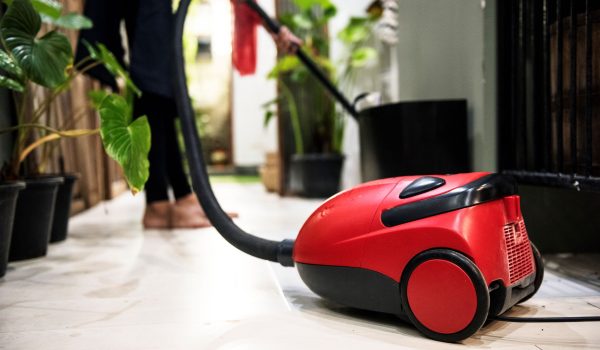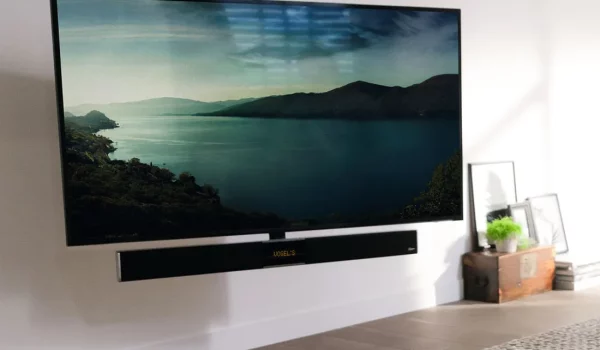BKN thrift industry 2021
Branchevereniging Kringloopbedrijven Nederland (BKN) has conducted research into the thrift industry. This research shows that the sector saved 137 kton of CO2 emissions in 2021. It also shows that 126 kton of goods were collected. Of these, approximately 80 percent were usefully processed and almost 50 percent were directly reused. The share of collected goods that ultimately became residual waste is 15 percent. In such cases, thrift stores sometimes choose to have these goods given new life through, for example, woodworkers or sewing workshops.
The research also shows that the COVID-19 pandemic had an impact on consumers in 2021. People came to deliver items much less often, probably because the store closures prompted people to use their items for longer.
The research also discovers the social impact of the sector. A third of the people working in the sector previously had a distance to the labor market. The BKN further warns that the transition to a circular economy will require more labor and that there may be a staff shortage.
Other relevant publications
Extending the lifespan of vacuum cleaners through thrift stores
A research and design project to professionalize the collection and repair of discarded vacuum cleaners.
Re-use of soundbars
How feasible is it to give soundbars a second life? Commissioned by Stichting OPEN, Second Use investigated the re-use potential of four soundbar models, revealing insights into repairability, consumer interest, and key barriers.
 Infographic
Infographic 






